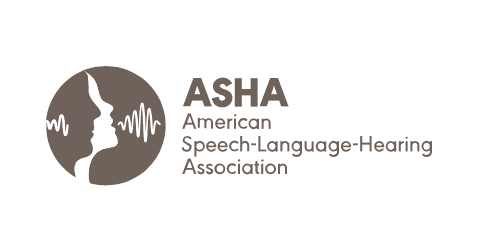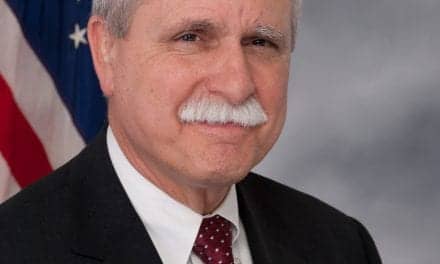The American Speech-Language-Hearing Association (ASHA) is seeking to bring awareness to untreated hearing loss this March 3. 2024, which is recognized globally as World Hearing Day—an observance established by the World Health Organization (WHO).
More than 1.5 billion people—approximately 20% of the world’s population—are deaf or hard of hearing, according to WHO. This number is projected to increase to 25% by 2050. Despite this, aside from newborn screenings, hearing checkups occur inconsistently among children and uncommonly among adults.
Past ASHA polling shows a major disconnect between how people regard their hearing and how they care for it. While most (80%) U.S. adults say maintaining their hearing health is extremely or very important to their quality of life, only 20% report having a hearing test in the past 5 years—compared with 61% who have their vision tested. And among adults with untreated hearing problems, more than half say that they are unlikely to seek treatment unless their difficulties become “severe.”
“As an audiologist, it is troubling to see hearing rank so low on Americans’ list of health priorities—even with ample evidence showing life-altering benefits to treatment,” says ASHA 2024 President Tena McNamara, AuD, CCC-A/SLP. “World Hearing Day presents an important opportunity to educate the public about ear and hearing care, and to erase common misconceptions about hearing health. This year, the World Hearing Day theme of ‘Changing Mindsets’ couldn’t be more appropriate. Hopefully, we’ll change some minds and spur people to act on their hearing concerns.”
According to WHO, the annual global price tag of untreated hearing loss is nearly $1 trillion. But the costs aren’t just financial. In children, unaddressed hearing loss can delay their speech and language development, hinder academic success, and negatively affect social relationships and behavior. In adults, untreated hearing loss can lead to increased social isolation, a higher risk of falls, and accelerated cognitive decline, among other consequences.
“Too often, people are complacent about their hearing,” McNamara says. “But it’s not something to take for granted or ignore, especially if someone is experiencing difficulties.





